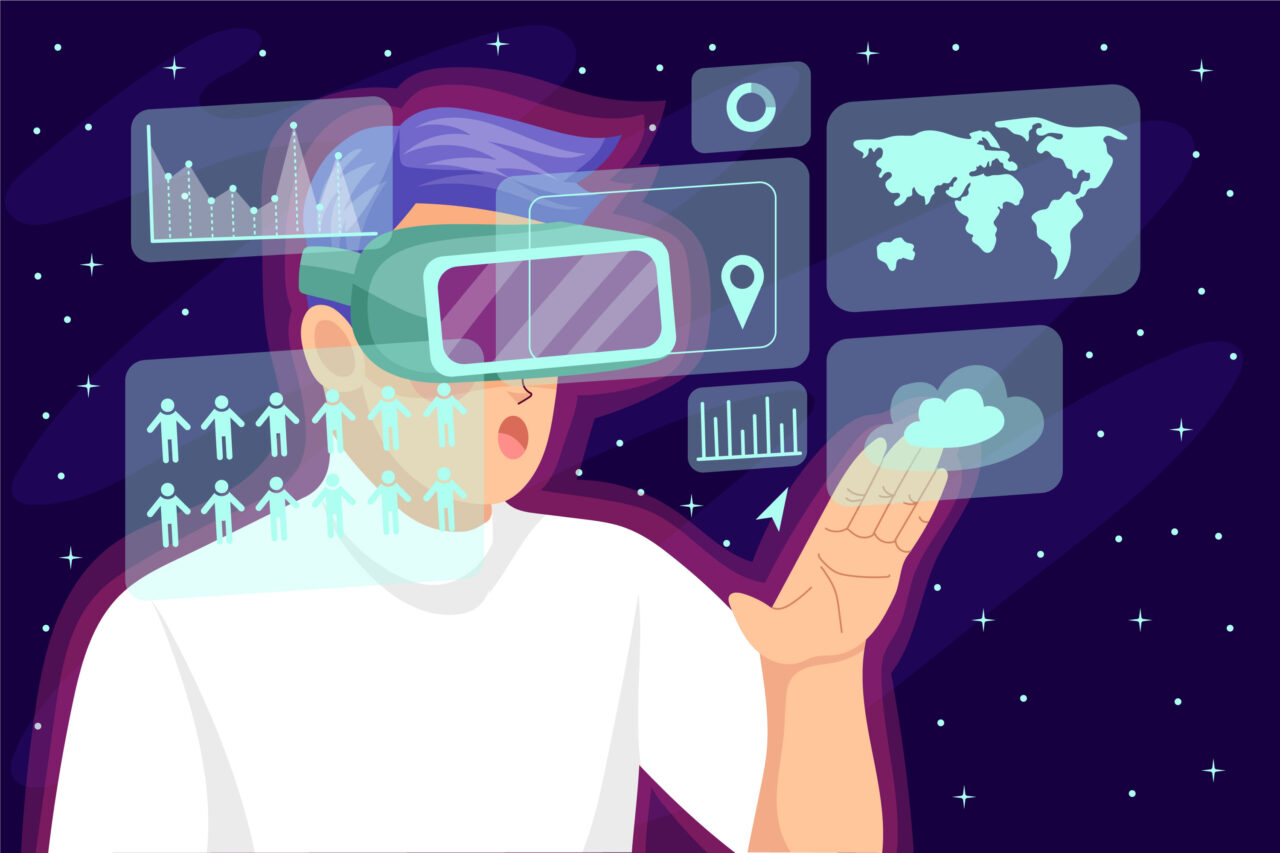Virtual Reality (VR) technology has rapidly advanced in recent years, transforming the way we experience entertainment and engage in hobbies. From immersive gaming experiences to interactive virtual tours, VR has opened up new dimensions of possibilities. Let’s explore how VR is revolutionizing the world of fun and leisure activities.
Immersive Gaming Experiences
One of the most significant impacts of VR is seen in the gaming industry. VR gaming offers players a level of immersion never before possible. By donning a VR headset, players are transported into virtual worlds where they can interact with environments and characters in ways that feel incredibly lifelike. Whether it’s exploring fantastical realms, engaging in adrenaline-pumping action sequences, or solving intricate puzzles, VR gaming provides an unparalleled level of engagement and excitement.
Virtual Travel and Exploration
VR technology has made it possible for people to embark on virtual travel adventures from the comfort of their homes. Through VR-powered applications and experiences, users can visit iconic landmarks, explore distant destinations, and immerse themselves in different cultures without ever leaving their living rooms. This not only opens up new avenues for exploration but also serves as a valuable educational tool, offering insights into geography, history, and anthropology.
Enhanced Training and Skill Development
Beyond entertainment, VR is revolutionizing training and skill development across various industries. From flight simulations for pilots to surgical simulations for medical professionals, VR offers a safe and immersive environment for practicing and honing specialized skills. In hobbies such as sports and music, VR applications provide interactive training experiences that help enthusiasts improve their techniques and performance levels.
Social Interaction in Virtual Spaces
VR enables users to connect with others in virtual spaces, fostering social interaction and collaboration regardless of physical distance. Whether it’s attending virtual concerts, participating in multiplayer gaming experiences, or simply hanging out with friends in virtual environments, VR platforms offer new opportunities for socialization and community building. This aspect of VR is particularly valuable for individuals who may face limitations in their ability to socialize in traditional settings.
Therapeutic Applications
The therapeutic potential of VR is increasingly being recognized across various fields, including healthcare and mental wellness. VR-based therapies are used to treat conditions such as phobias, PTSD, and anxiety disorders by exposing patients to controlled virtual environments that help them confront and overcome their fears. Additionally, VR is utilized for relaxation and stress relief through immersive meditation experiences and virtual mindfulness practices.
Accessibility and Inclusivity
VR technology has the potential to make entertainment and hobbies more accessible and inclusive to people of all abilities. By providing customizable experiences and adaptive interfaces, VR platforms can accommodate individuals with physical disabilities or mobility limitations, allowing them to participate in activities that were previously inaccessible. Furthermore, VR has the power to create shared experiences that transcend physical barriers, fostering a sense of belonging and inclusivity within virtual communities.
In conclusion, Virtual Reality is revolutionizing the world of entertainment and hobbies by offering immersive experiences, facilitating virtual travel and exploration, enhancing training and skill development, enabling social interaction in virtual spaces, providing therapeutic applications, and promoting accessibility and inclusivity. As VR technology continues to evolve, its impact on leisure activities and entertainment will only continue to grow, shaping the way we play, learn, and connect in the digital age.

